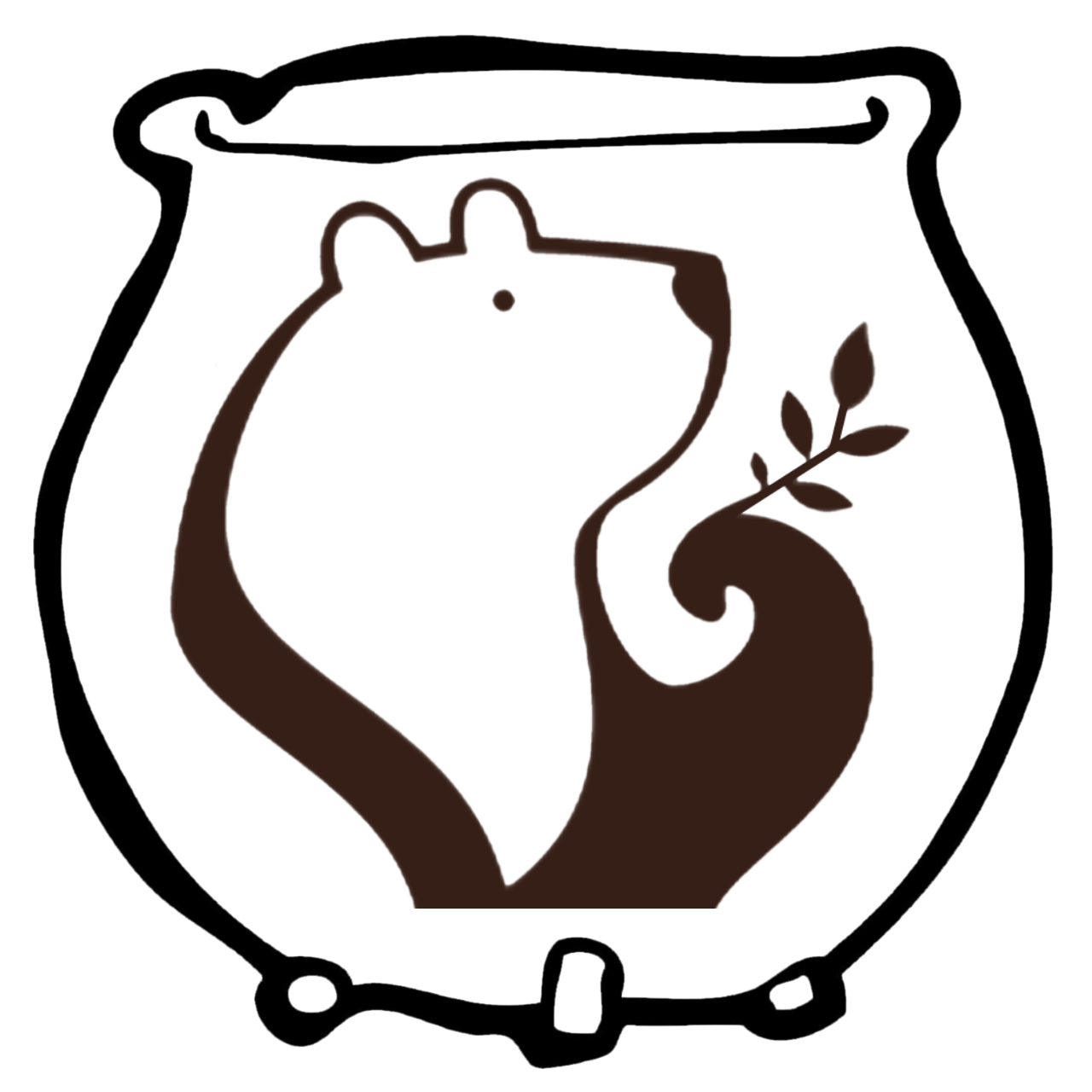The Dagda
The Good God
Irish

The Dagda (pronounced DAY-ah) is one of the most significant gods in the Celtic pantheon. Called the “Good God”, he is fundamentally a protector, a warrior, and a father archetype. “Good” in this context references more his abilities than his ethics. He was born to Danu (the mother of the Tuatha Dé Danann) and Elatha (King of the Fomorians). This pairing mixes two powerful supernatural races. His mother is of the constructive forces of nature while his father is of the destructive aspects of nature. It seems he was originally named Eochu Ollathair “Horse Great-Father” which is later shortened to Oldathair from Ollathair, meaning “great father”. Another of his many names is Ruadh Rofhessa “Red One Great in Knowledge”. He was raised by his mother and is closely identified with the Tuatha Dé Danann. The oldest of Danu’s children, he balanced the light and dark. As a sun god: he could control time and weather; as a god of fertility: he could control life and death; as a god of knowledge: he served as the druid to the gods. But lest you think he was all polish and shine, his appearance is often depicted as a mess. He is a huge man whose red (or sometimes grey) hair is riotous while his beard is unkempt. His clothes are rustic and often too short leading to frequent displays of his backside (and sometimes his frontside). His manners are coarse and rude, and he is in possession of a bawdy sense of humor. He is renowned for his enormous appetites for both food and sex. He had many consorts and an array of children. King of the Tuatha Dé Danann, the Dagda was killed during the battle of MaghTuiredh when he was poisoned by Balor’s wife.
Magic of the Dagda
General
Chakra: Solar Plexus
Element: Earth, Fire
Sabbat:
Zodiac Sign:
Color: Red
Day:
Herb: Oak, Oat, Willow, Hawthorn, Chamomile
Totem: Pig
Stone: Red Jasper, Yellow Jasper, Garnet, Moss Agate, Diamond
Offering: Acorns, music
Power
Abundance
Strength
Fertility
Order
Magic
Music
Balance
Wisdom
Aromatherapy
Cedar
Juniper
Orange
Glossary
Cauldron of Undry
In the magical fortress city called Murias, the cauldron of Undry was crafted. The Cauldron carried by the Dagda was so large that the ladle alone could sleep two men. Producing an inexhaustible supply of food, none who feasted from the cauldron left it unsatiated. In keeping with the Dagda’s qualities, his cauldron was a symbol of power, fertility, hospitality, and generosity.
Club
As with many things associated with the Dagda, his club was super-sized. Larger than any single man, it took eight supremely strong men to carry it. Even the Dagda was known to occasionally drag it along the ground, where it would leave deep furrows in the earth. It had eight prongs upon its end and could kill nine people with one swipe. Its handle, however, could magically restore a person to life.
Uaithne
The Dagda was a skillful musician and possessed a wonderful harp. Made of oak, it was covered in rich decorations but also held many battle scars. The Dagda took it into battle with him always. He had a chant that called the Harp to him, killing all in its path. Additionally, it could command the order of battle, order the seasons and control the weather. This harp remains an important Irish symbol and is still seen as the emblem of Guinness beer.
Brughs
The Dagda built the Brughs, which are dwellings of the Otherworld. Also called síd mounds, each one was assigned to his people. He kept one Brugh for himself, and it had three trees that always bore fruit. This Brugh additionally was home to two pigs, one that perpetually grew plump and the other that was always roasting. The Brugh eventually goes to Oengus (his son) when the Sons of Míl defeat the Tuatha Dé Danann.




